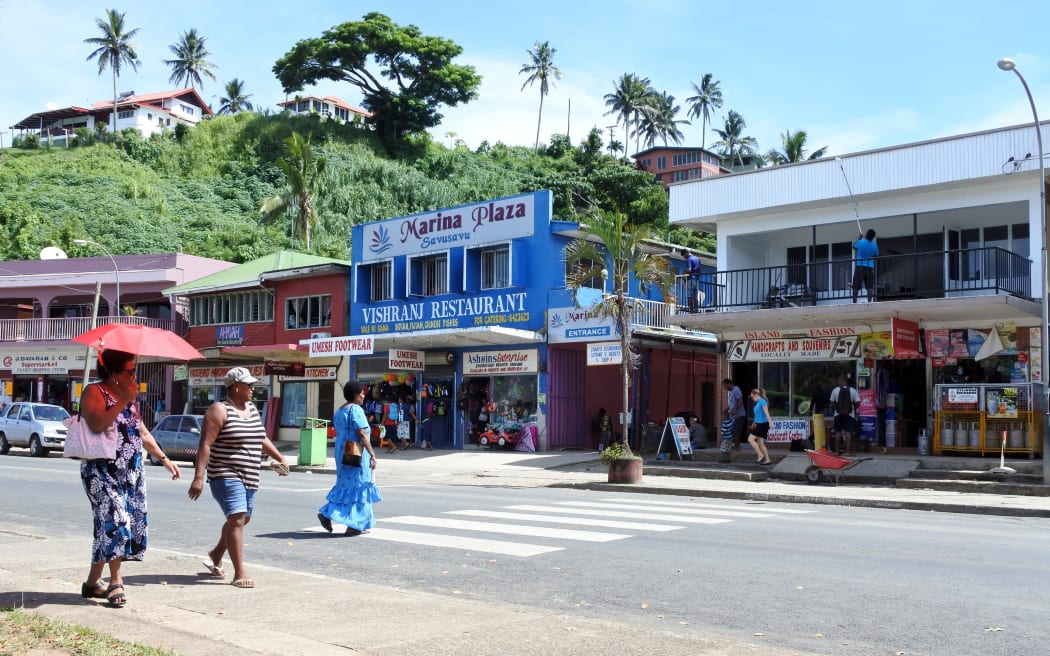Tourism, infrastructure development will continue to drive growth: ADB
Thursday 14 December 2023 | Written by RNZ | Published in Pacific Islands, Regional

Tourism is continuing to drive growth in many of the tourism dependent economies in the region. Photo: 123rf/23121323
The Asian Development Bank (ADB) is urging Pacific governments to improve the processes through which they fund their operations which it says is instrumental for economic recovery and resilience.
The latest issue of the Bank's Pacific Economic Monitor, forecasts growth for the region this year to be 3.5 percent and 2.3 percent for 2024.
Tourism and infrastructure development are expected to be the main drivers of growth.
Lead author of the report Cara Tinio told RNZ Pacific Waves there has been "a tiny bit" change in the outlook for the region.
"We adjusted our forecasts - we review them quarterly - so our latest forecast is growth would be 3.5 percent this year, that's up from 3.3 percent in our last official forecast, and then it's 2.9 percent next year, just a slight revision from the previous forecast," Tinio said.
"But we're still expecting positive growth so recovery to continue in the Pacific."
Tinio said the drivers of the economic growth remain "largely the same".
Tourism is continuing to drive growth in many of the tourism dependent economies in the region, while the smaller economies are seen to be benefiting from the resumption of public investment projects, such as construction which generates much of the incomes for those countries.
The ADB is monitoring the Israel-Gaza war which could have an impact due to increase in the price of commodity.
"Particularly for oil prices because given that this Gaza situation is in the Middle East as well, it could affect availability, it could affect supply on top of other movements in supply dynamics of the global oil market," she said.
"I think besides fuel, of course, fuel prices affect transport costs, which would affect import costs and given that many of our economies are really dependent on imports for many things there is a possibility that any adverse developments in global oil prices could affect the economy directly, and as well as indirectly through these transport costs."
Domestic resource mobilisation
A key recommendation by the ADB is for domestic resource mobilisation - the process through which governments raise resources to fund their operation.
Tinio said this process "covers a lot of things" and besides implementing or raising new taxes, would include providing infrastructure and delivering public services to the population.
"It is quite important in that public services are necessary to ensure healthcare, education for its people to help develop the workforce invest in human capital, and then infrastructure facilitates connectivity and access to markets, to business opportunities and such.
"So that basically is how the theme of this issue feeds into the bigger growth picture in the Pacific," she added.
- RNZ














































